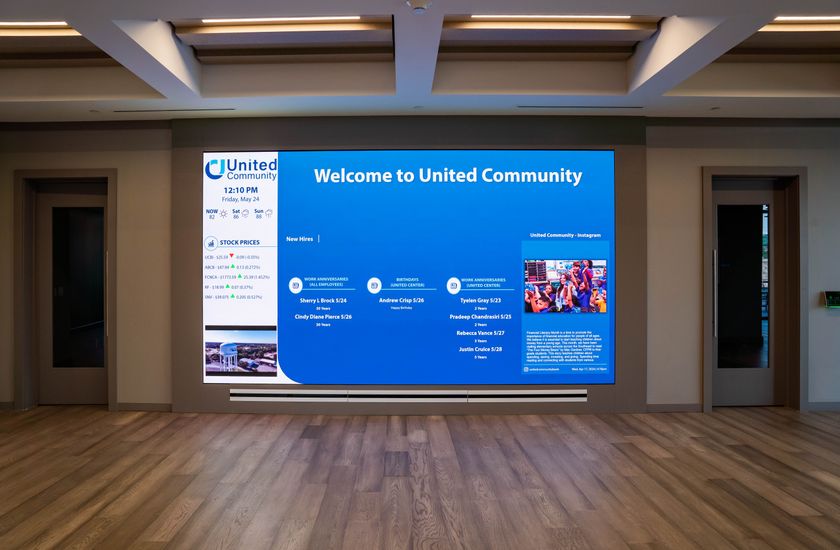- Wireless microphone makers aren't the only ones losing their spectrum. Now the FCC may have its sights set on TV. Regulators are considering taking back some airwaves from television broadcasters and auctioning them off to wireless companies to increase the availability of wireless broadband services.
- Federal Communications Commission Chairman Julius Genachowski has warned that the U.S. doesn't have enough airwaves set aside for wireless broadband service in the future, and the agency is looking at a variety of ways to remedy that shortage.
- It's not clear if the proposal will actually make it into the FCC's final plan. At this stage, FCC officials are mostly trying to get input from broadcasters and others. Station owners are likely to fight the plan, although the FCC is envisioning paying broadcasters for any airwaves that are taken away.
- On Friday, the Consumer Electronics Association released a study it commissioned on the value of the large chunk of airwaves set aside for TV broadcasters. If the FCC took back all of those airwaves and auctioned them off, the government could make up to $62 billion, the study found.
- Such an approach would cost about $12 billion in payments to broadcasters and about $9 billion to "migrate all households that rely on over-the-air broadcasts to subscription services," the study found.
- The political will to take such an approach could be weak, however, because the federal government just spent $2.15 billion over the last two years to help consumers move to digital-only broadcast television. Consumers who rely on free TV now might also take a dim view of being asked to subscribe to cable or satellite television,. Many of them just had to go through the trouble of either buying new digital TVs or hooking up digital converter boxes to their old TVs to keep them working.









